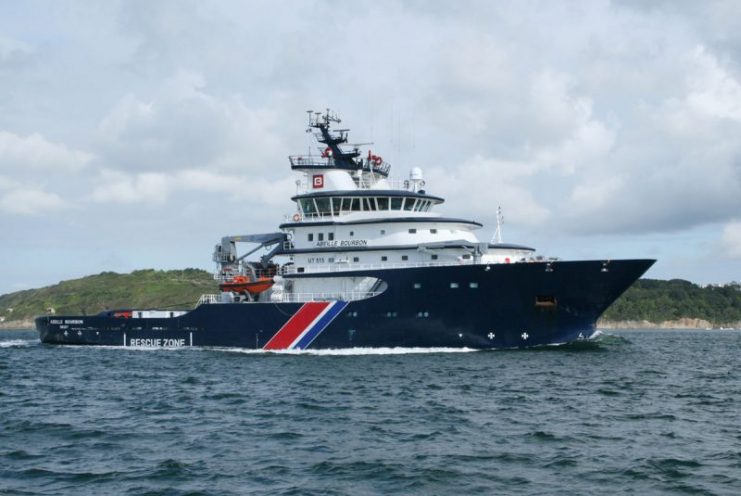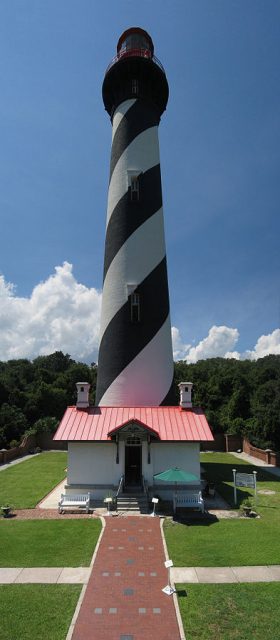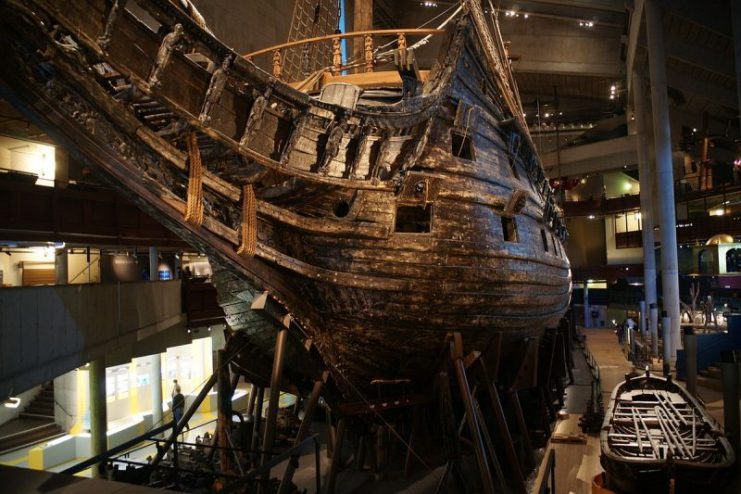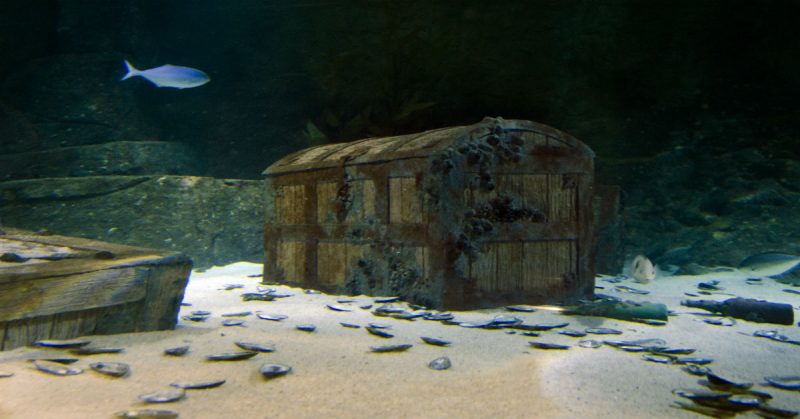The old maxim, “finders keepers” has not held when it comes to sunken treasure found off the coast of Florida.
A shipwreck was found by U.S.- based sea excavation crew Global Marine Enterprises (GME), who argued in court that because they found the precious cargo, the artifacts and valuable antiquities should rightfully be theirs to salvage.
Not so, declared U.S. Judge Karla Spaulding, who said the ship, and all its contents, belong to France, from where the ship sailed, likely in early 1562. The court held that explorer Jean Ribault was no doubt carrying the valuable trove aboard his ship, La Trinite’, on his way to the First Coast, as the area around Florida is commonly called. He was bound for Fort Caroline, now Jacksonville, Florida.

The current dispute began after the State of Florida gave GME permits to do seven searches in the waters near Cape Canaveral, Fla. In May and June of 2016, the crew found its prize, including 12 anchors, 19 iron cannons, three bronze cannons and a monument bearing the Fleur de Lis. All of this and more, including a stone grinding wheel and ammunition, was found on the ocean floor.
GME said in its court filings that it believed that the Spanish had plundered the settlement and made off with the treasures, probably heading for Cuba. But the court found no facts to bear out this hypothesis. However, the company believed it had the right to salvage the millions of dollars worth of artifacts lying beneath the sea’s surface. (The monument, in particular, is considered priceless).
The firm’s Chief Executive Robert Pritchard told LiveScience in August 2016, that because the goods originally belonged to the colony, and (his firm believed) were stolen, GME should be allowed to lay claim to the ship’s inventory. “The monument (for example) could not be on a French ship if it was removed by the Spanish,” he reasoned in LiveScience in 2016.

But within months of the “dig,” France lobbied for ownership of the artifacts, claiming sovereign rights. America’s Federal Military Craft Acts, established in 2004, made it clear that the French retained ownership of any and all antiquities found during the “dig,” and the court found in France’s favour.
It was not just the French who disagreed with GME’s position; the State of Florida joined the European nation in its legal wranglings with the firm. The two governments argued that because the ship was launched from France, and because that ship was helmed by Ribault and bound for the First Coast, the contents belonged to France. (La Trinite’ sank off the coast of Florida, in a storm, in 1565.)

By Jonathan Zander
CC BY-SA 3.0
St. Augustine Lighthouse & Maritime Museum, located in the northern section of Anastasia Island, is as pleased with the ruling as France and the state of Florida are. In fact, its scientists are hoping to participate, with France and Florida, in any salvage and excavation of the site.
In a statement released at the time of the court’s ruling, the Museum said, “Essentially this ruling allows excavation of the wreck by the State of Florida, in cooperation with France.” The Museum has tried to find the wreck itself, but always to no avail.

St. Augustine is America’s oldest port, and its museum is private and non-profit. It receives some grants from the state, but is largely sustained by private donations and was not involved in the legal dispute. It has been in existence since 1874 and has had its Lighthouse Archaeological Marine Program (LAMP) up and running since 1999.
The organization’s Executive Director, Kathy Fleming, added, “This is St. Augustine’s founding story, the clash between European powers on the First Coast. This is the most significant (find) in Florida waters.”
At the time of this writing, GME had not announced whether it will appeal the decision.
